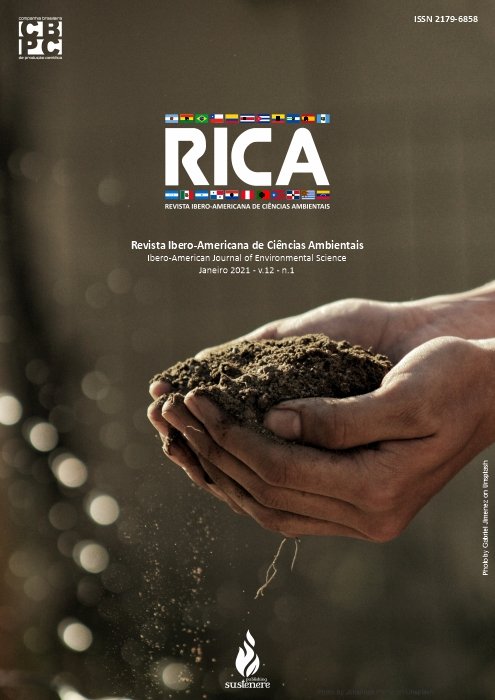Valuation of the Ecological Park of Valparaiso of Goiás
DOI:
https://doi.org/10.6008/CBPC2179-6858.2021.001.0059Keywords:
DAP, Ecological parks, Urban park, Environmental valuationAbstract
The environmental issue is at the center of discussions between researchers and the environmentalist, since there is a process of accelerated degradation of the environment and when a municipality has a green area, the population must be involved in the preservation and conservation of this area to improve the quality of life for all. Therefore, this research aimed to value the Ecological Park of Valparaiso of Goias by identifying the willingness of the local population to pay for the preservation of this space. The methodology consisted of applying a structured questionnaire to visitors of the park over eighteen years old, to verify the level of importance that the visitors attribute to the park, for this the Contingent Valuation Method was applied, calculating the willingness to pay (DAP) of the visitors for the preservation and conservation of the park. The results showed that visitors are aware of the importance of the area, pointed out the lack of infrastructure so that the park becomes more attractive and safe for the local population and visitors. 43.33% of visitors were willing to pay for the preservation of the park, when using DAP in open-ended format, reaching an average DAP of R$ 9.42 while DAP using bidding games 76.67% if willing to pay, obtaining an average DAP of R$ 9.67. The conclusion of the research showed that the Ecological Park of Valparaiso was valued at R$ 2,642,592.60 annually for the value of the first DAP and at R$ 4,797,257.99 for the second DAP and that the population has been sensitive in taking care of this municipal environmental asset to improve the quality of life of the local population.
Downloads
Downloads
Published
Issue
Section
License
The CBPC - Companhia Brasileira de Produção Científica (Brazil CNPJ: 11.221.422/0001-03) the material rights of the published works. The rights relate to the publication of the work anywhere in the world, including rights to renewals, expansions and dissemination of the contribution, as well as other subsidiary rights. All electronically published works may subsequently be published in printed collections under the coordination of this company and / or its partners. The authors preserve the copyright, but are not allowed to publish the contribution in another medium, printed or digital, in Portuguese or in translation.









